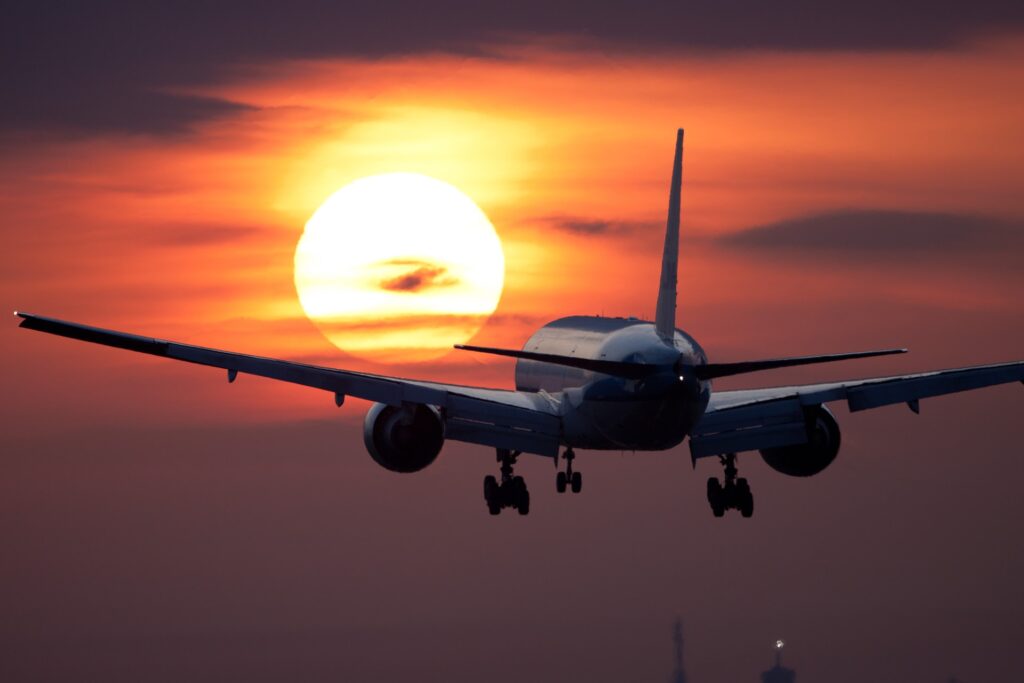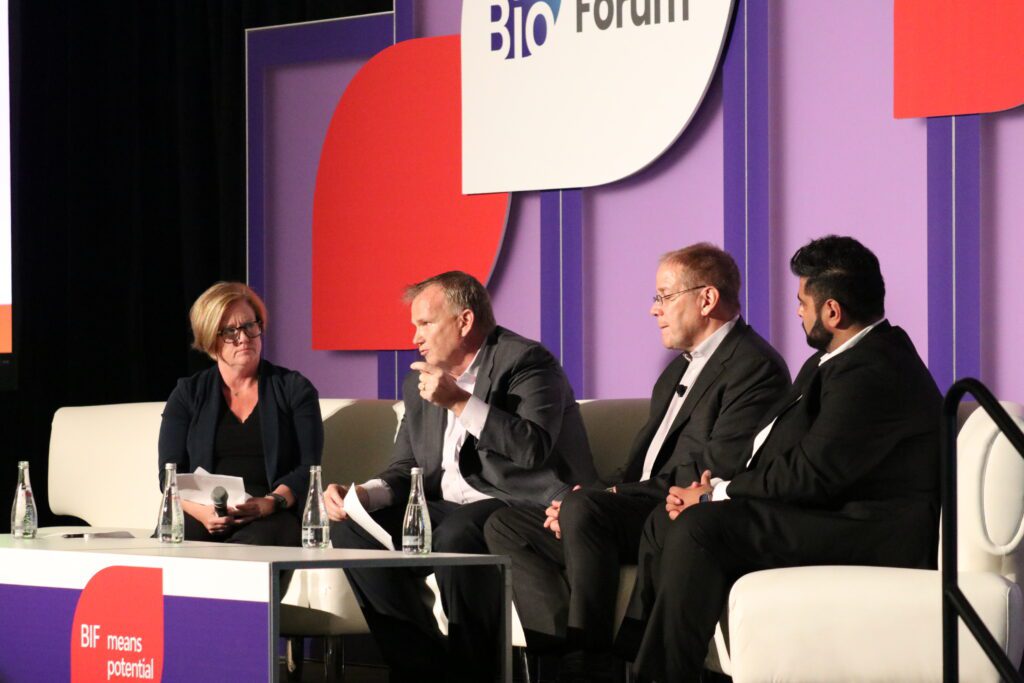A government-wide strategy to scale up “new technologies to manufacture sustainable aviation fuels (SAFs) throughout the U.S. aircraft industry”—something biotech has been working on for a while—was unveiled by the U.S. Department of Energy (DOE) on Friday.
The SAF Grand Challenge, announced by numerous government organizations last year, intends to make 3 billion gallons of SAF available annually by 2030.
Now, the Biden administration has released the roadmap to achieve this goal.
“The SAF Grand Challenge is the result of DOE, DOT, and USDA launching a government-wide Memorandum of Understanding (MOU) that will attempt to reduce the cost, enhance sustainability, and expand the production and use of SAF while achieving a minimum of a 50% reduction in life cycle greenhouse gas emissions compared to conventional fuel, and meeting a goal of supplying sufficient SAF to meet 100% of aviation fuel demand by 2050,” the DOE announcement of the roadmap read.
SAF, which is typically manufactured from waste feedstocks and renewable biomass, may lower emissions by up to 80% compared to conventional jet fuel. Commercial aviation in the United States uses around 10% of all transportation energy and accounts for 2% of the nation’s carbon emissions.
These are the six areas the roadmap is covering: innovation in feedstocks, innovation in conversion technologies, supply chain development, policy and valuation analyses, enabling end use, and communicating success and garnering support.
“Advancing biofuel innovation is crucial to agriculture being part of the solution to the climate crisis and fostering energy security. EPA must update regulatory requirements for greenhouse gas emissions analysis to reflect the newest science and technology,” the Biotechnology Innovation Organization (BIO) previously told the Environmental Protection Agency (EPA).
BIO has long advocated for increased SAF support, including SAF tax credits. BIO members like Gevo, LanzaTech, Velocys, and Virent are working with airlines and the government to increase SAF production.
“Not only is Sustainable Aviation Fuel critical to decarbonizing the airline industry and reaching our climate goals, but this plan will help American companies corner the market on a valuable emerging industry,” said Energy Secretary Jennifer Granholm.




